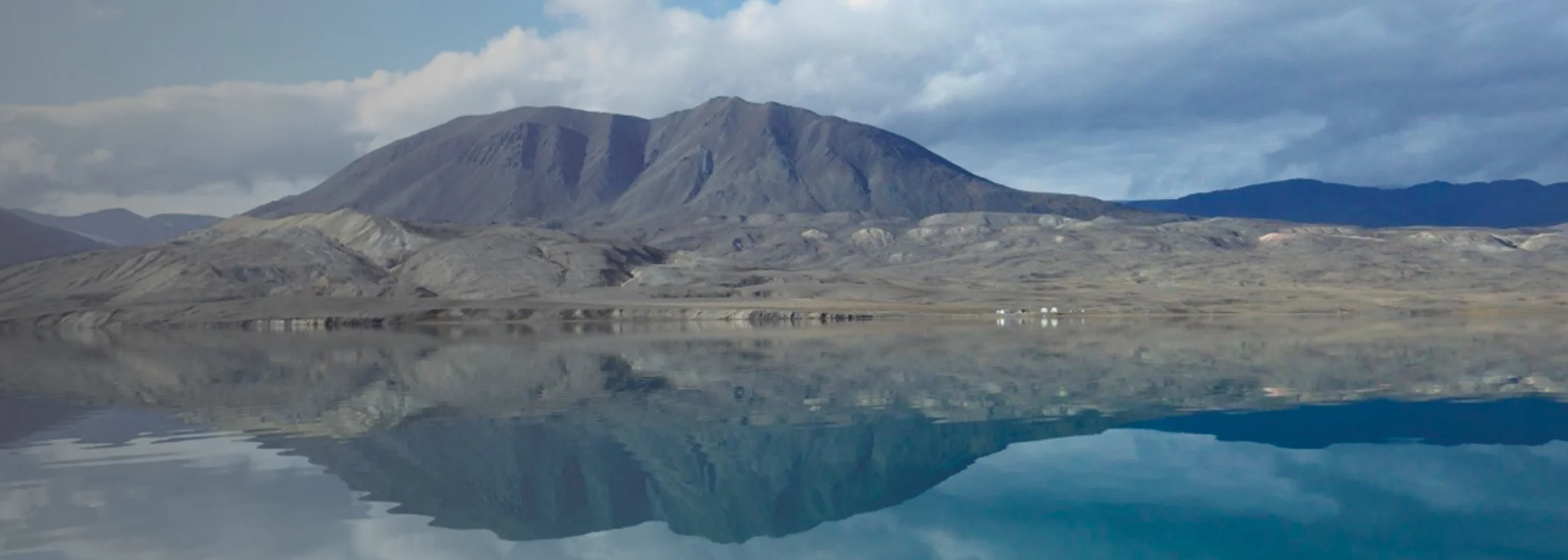
Effects of global warming in Arctic lake
Dr. Kyra St. Pierre and her colleagues at University of Alberta published a new paper in Nature Scientific Reports from the high arctic lake Hazen. The Unisense Field Microprofiling System and microsensors for O2, pH and Redox were used to quantify the effects of increased glacial runoff on sediment processes in a high arctic lake.
“The FMM data really strengthened our argument that glacial inputs have a huge impact on the biogeochemistry of downstream lakes, altering not only just the chemistry of the lake, but also the ecology.” - Dr. Kyra St. Pierre.
The input of glacial meltwater to the world’s largest high arctic lake has increased 10-fold since 2007 due to warming. Microprofiles of O2, pH and Redox clearly indicated that the input of organic matter to the sediment was related to the input of meltwater from the different glacial rivers discharging into the lake.
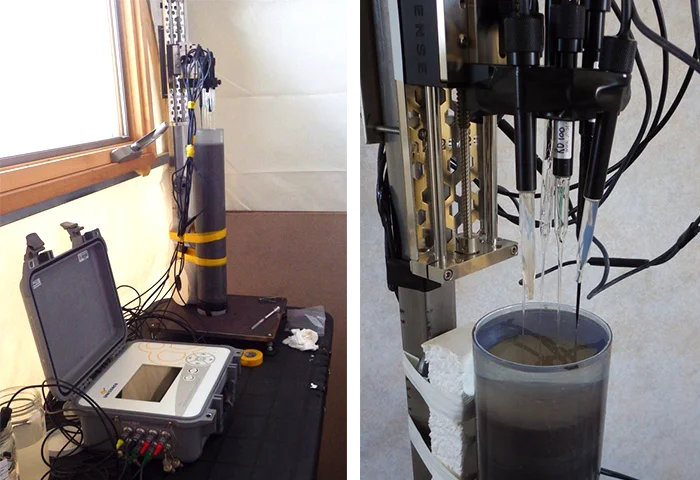
Read the paper here (open access):
https://www.nature.com/articles/s41598-019-39918-4
Related products
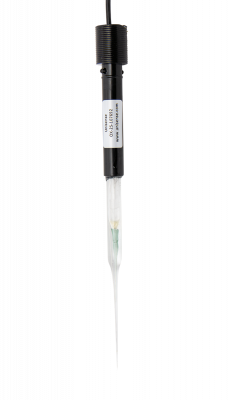
High performance oxygen microsensor
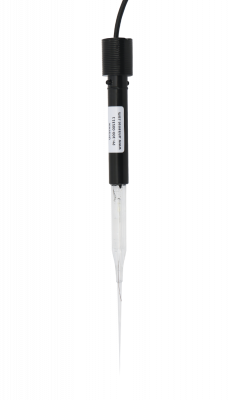
Miniaturized pH electrode
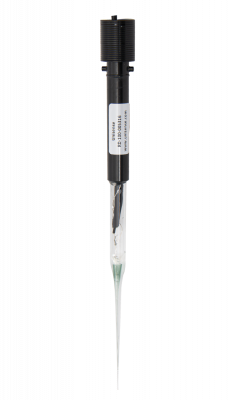
Measure redox potential in microenvironments
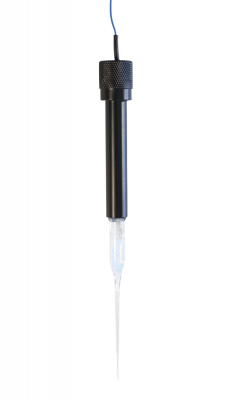
Reference electrode for pH or Redox microelectrodes
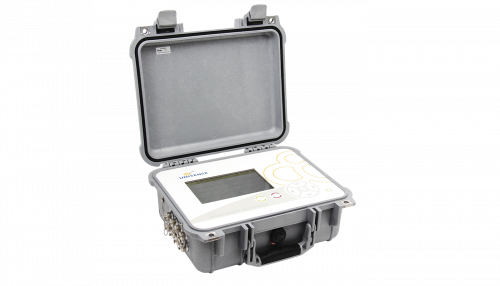
8-channel microsensor amplifier for in situ measurements

Calibrate your sensors and log time-series data.

Automated or manual profiling, data visualization, and activity rate calculations.

Microrespiration experiments: measure respiration and production rates.
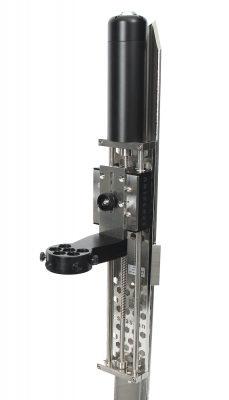
Waterproof motor system and sensor holder
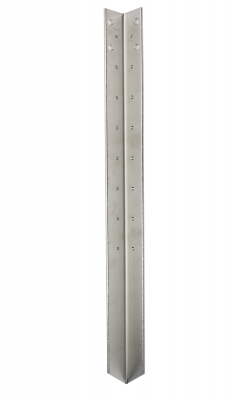
IS19 - for in situ measurement
Ready to dive into your own measurements?
Contact us today to discuss whether microsensors are the right choice for your research application.
